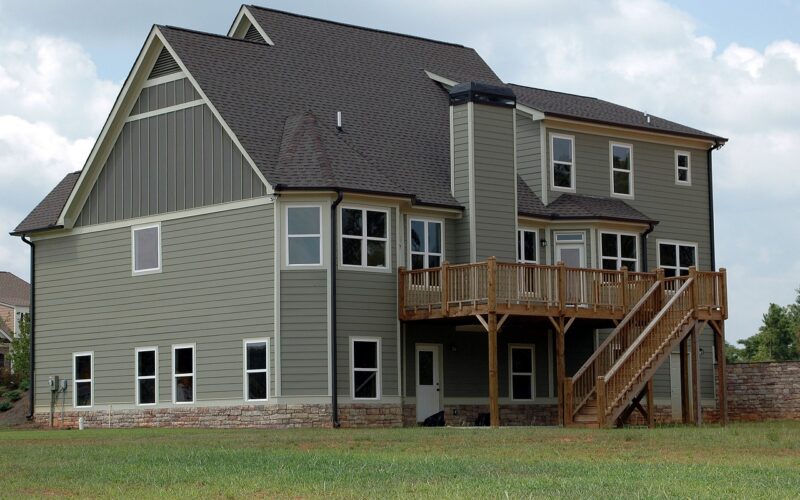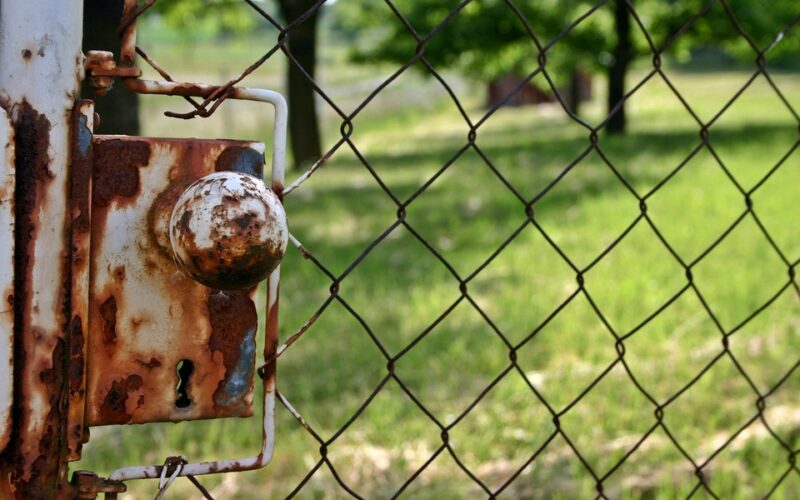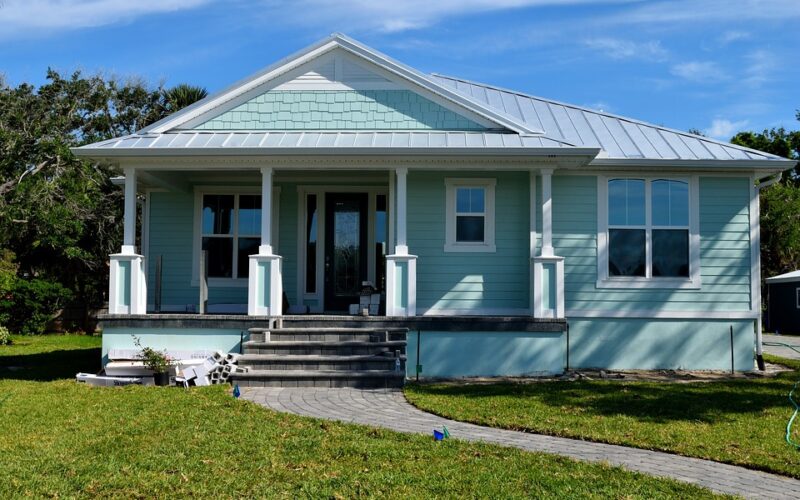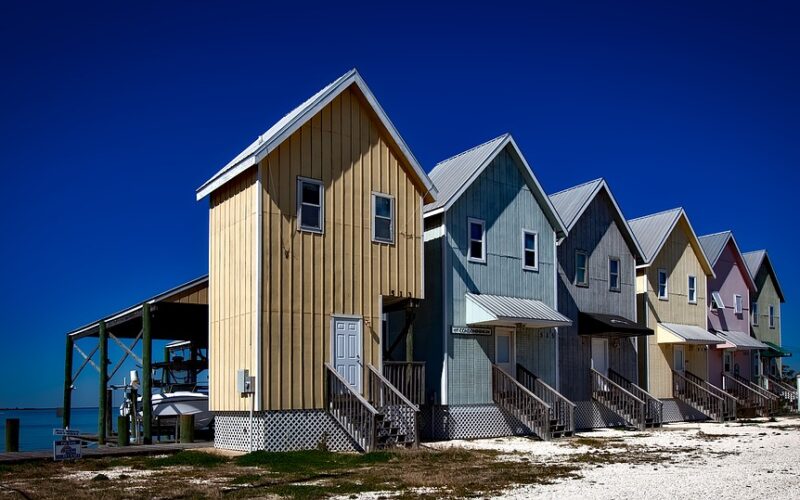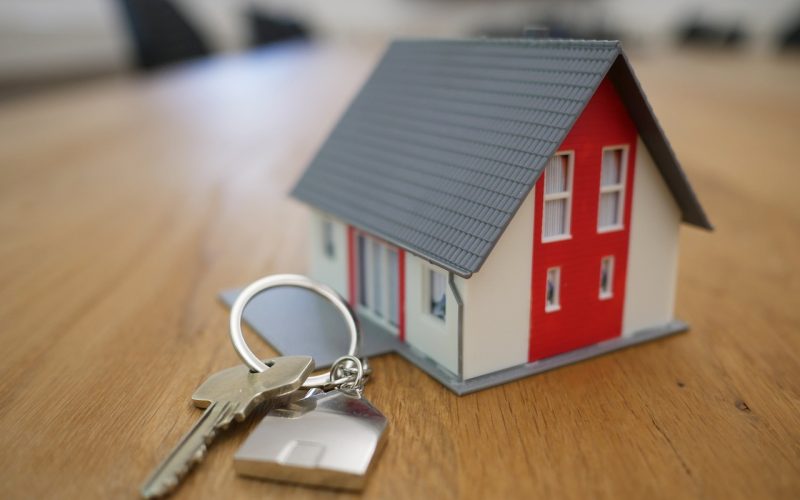Investing In a Second Home
Investing in a second home has become an increasingly popular strategy among families looking to secure their financial future. Many opt to purchase a property with the intent of renting it out, providing an additional income stream during the years before their children are ready to move in. This approach not only offers potential financial gain but also promises a valuable asset for the next generation.
Reasons for investing in a second home
There are several compelling reasons why families choose to invest in a second home. The primary motivation is often the opportunity to generate passive income through rental yields. With the right property in a desirable location, landlords can secure a steady monthly income that can be used to cover mortgage payments, maintenance costs, and even bolster savings for future expenses. Furthermore, owning a rental property can provide a sense of financial security during economic uncertainties.
Another significant reason is the potential for long-term appreciation. Real estate has historically appreciated in value over time, especially in high-demand areas. By purchasing a second home, investors hope to reap the benefits of rising property values, which can increase their overall net worth. This capital appreciation can later be leveraged through refinancing or selling the property, offering financial flexibility for the family.
Factors to consider when buying a second home
Before purchasing a second home, prospective buyers should carefully consider several factors to ensure a wise investment. Location remains a crucial element; properties in areas with strong rental demand, good schools, and amenities tend to yield higher returns. Additionally, proximity to major cities or tourist destinations can enhance rental income prospects.
Potential investors should also evaluate the financial implications of owning a second property. This includes understanding the costs associated with maintenance, property management, taxes, and insurance. It is imperative to calculate whether the expected rental income will cover these expenses and contribute toward mortgage payments. Consulting with a financial advisor or an experienced real estate professional can provide valuable insights into the feasibility of this investment strategy.
Legal and regulatory considerations
Investing in a rental property involves navigating a complex landscape of legal and regulatory requirements. Landlords must comply with local housing laws, which can vary significantly by region. These regulations may include tenant rights, health and safety standards, and rental licensing. Failure to adhere to these requirements can result in costly fines and potential legal disputes.
Additionally, property owners must address tax obligations associated with rental income. Rental revenue is typically taxable, and understanding the applicable tax codes and deductions available is crucial for maximizing profitability. Seeking guidance from a tax professional can help landlords optimise their tax strategy and ensure they remain compliant with all relevant regulations.
Balancing rental income and future use
One of the key challenges for families investing in a second home is balancing the short-term goal of generating rental income with the long-term vision of providing a residence for their children. To achieve this, it's essential to consider the property's condition and suitability for both purposes. Maintaining the home's quality is vital for attracting tenants and ensuring it remains a comfortable living space in the future.
Establishing a timeline for transitioning the property from a rental asset to a family home is also important. This plan should account for potential renovations, market conditions, and the evolving needs of the family. Regularly reviewing this strategy can help families stay aligned with their long-term objectives and make informed decisions about their investment.
The impact of market trends
Current market trends can significantly influence the success of investing in a second home. Factors such as interest rates, housing supply, and economic conditions all play a role in determining property values and rental demand. During periods of low interest rates, borrowing for a second property may be more affordable, encouraging investment. Conversely, during economic downturns, rental demand in certain areas may fluctuate, impacting potential income.
Staying informed about these trends allows investors to make strategic decisions, such as timing their purchase or sale to align with favourable market conditions. Additionally, keeping abreast of emerging neighbourhoods or regions poised for growth can offer opportunities to secure properties with significant appreciation potential.
Long-term benefits for future generations
Purchasing a second home with the intention of eventually passing it on to one's children offers numerous benefits. Not only does it provide a financial asset that can appreciate over time, but it also grants children the security of having a place to call their own. This can alleviate future housing concerns and offer them a head start in building their own wealth.
By carefully planning and managing a second property investment, families can create a legacy that benefits multiple generations. This foresight not only secures a stable financial future but also strengthens familial bonds, ensuring that the home remains a cherished part of the family's history for years to come.



